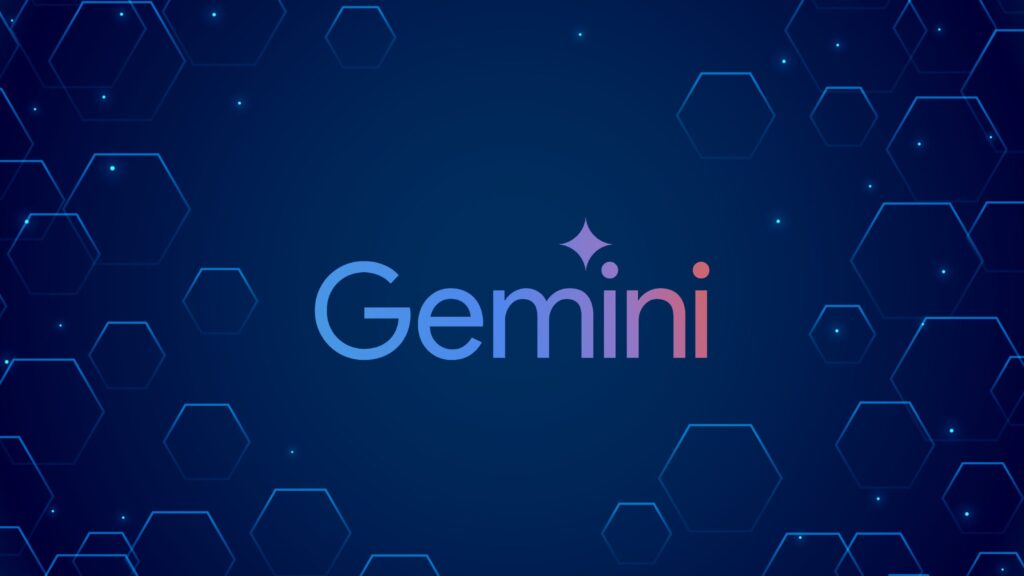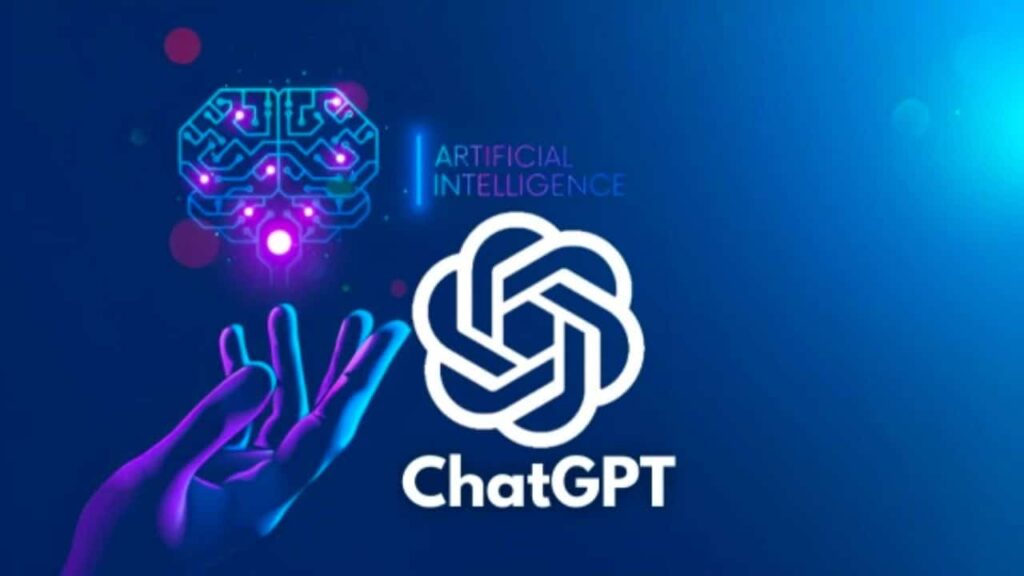Gemini, Copilot, and ChatGPT are all powerful AI language models, each with its unique strengths and weaknesses. Let’s break down the key differences between them:
Gemini

Developer: Google DeepMind
Main Focus: Gemini is designed as a general-purpose AI assistant with a strong focus on integrating advanced AI capabilities into the Google ecosystem, including search, cloud services, and various enterprise applications.
Key Features
Search-Driven: Strong integration with Google’s search engine and cloud infrastructure.
Multimodal Abilities: Handles text, images, and other media inputs.
Context Awareness: Gemini aims for better understanding of conversational context and more robust problem-solving.
Advanced AI: Built on Google’s vast knowledge base and infrastructure, enabling broad knowledge and access to real-time information.
Copilot
Developer: Microsoft (built on OpenAI’s GPT models)
Main Focus: Copilot is tailored for enhancing productivity, especially within Microsoft 365 (Word, Excel, PowerPoint, etc.), using AI to assist users in various workflows.
Key Features:
Integration with Microsoft Suite: Works seamlessly with Microsoft Office apps (e.g., drafting emails, creating documents, generating reports in Excel).
Contextual Assistance: Understands documents, emails, and project data to provide context-aware suggestions, edits, and automation.
AI-Enhanced Productivity: Automates repetitive tasks, generates summaries, and helps with brainstorming.
Enterprise-Focused: Designed to boost business efficiency, particularly in collaborative environments.
ChatGPT

Developer: OpenAI
Main Focus: ChatGPT is a conversational AI model designed for a wide range of general-purpose tasks, including natural language understanding, code generation, writing assistance, and more.
Key Features
Versatility: Capable of handling various tasks, from casual conversation to technical programming queries.
Adaptability: Can be fine-tuned for specific domains or industries (like healthcare, customer support, etc.).
Large Knowledge Base: Has been trained on a vast range of internet data, making it knowledgeable across many domains (though it has a knowledge cutoff in 2021).
Customization: OpenAI offers customization options through API for businesses to integrate ChatGPT into their apps.
Key Differences
Purpose
Gemini is integrated with Google’s services and is more search and knowledge-oriented.
Copilot is productivity-focused, with a specific emphasis on automating tasks in Microsoft’s ecosystem.
ChatGPT is more general-purpose, suitable for a wide array of conversational and technical tasks, often used in customer service, research, and writing.
Integration
Gemini integrates deeply with Google’s tools and services, especially search and cloud.
Copilot is built for Microsoft 365 applications.
ChatGPT is platform-agnostic, available through OpenAI’s API and various platforms like Microsoft Teams.
Target Audience
Gemini is for general users looking for AI-powered tools integrated with Google products.
Copilot is aimed at business professionals who rely heavily on Microsoft Office.
ChatGPT caters to both casual and professional users across a range of use cases.





Leave a Reply